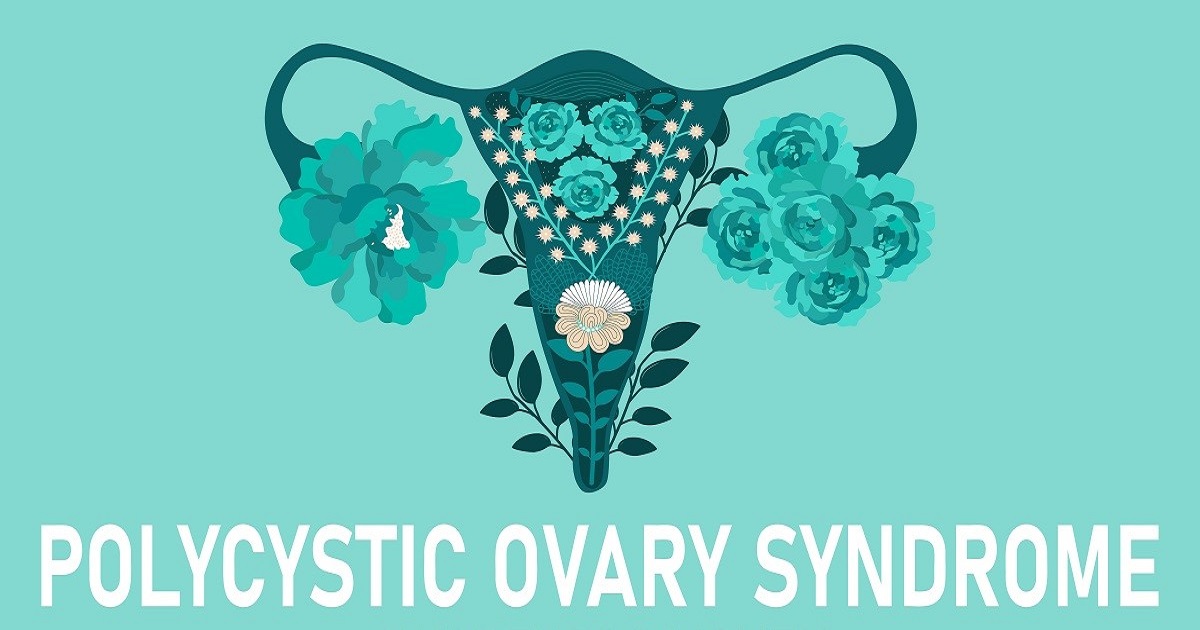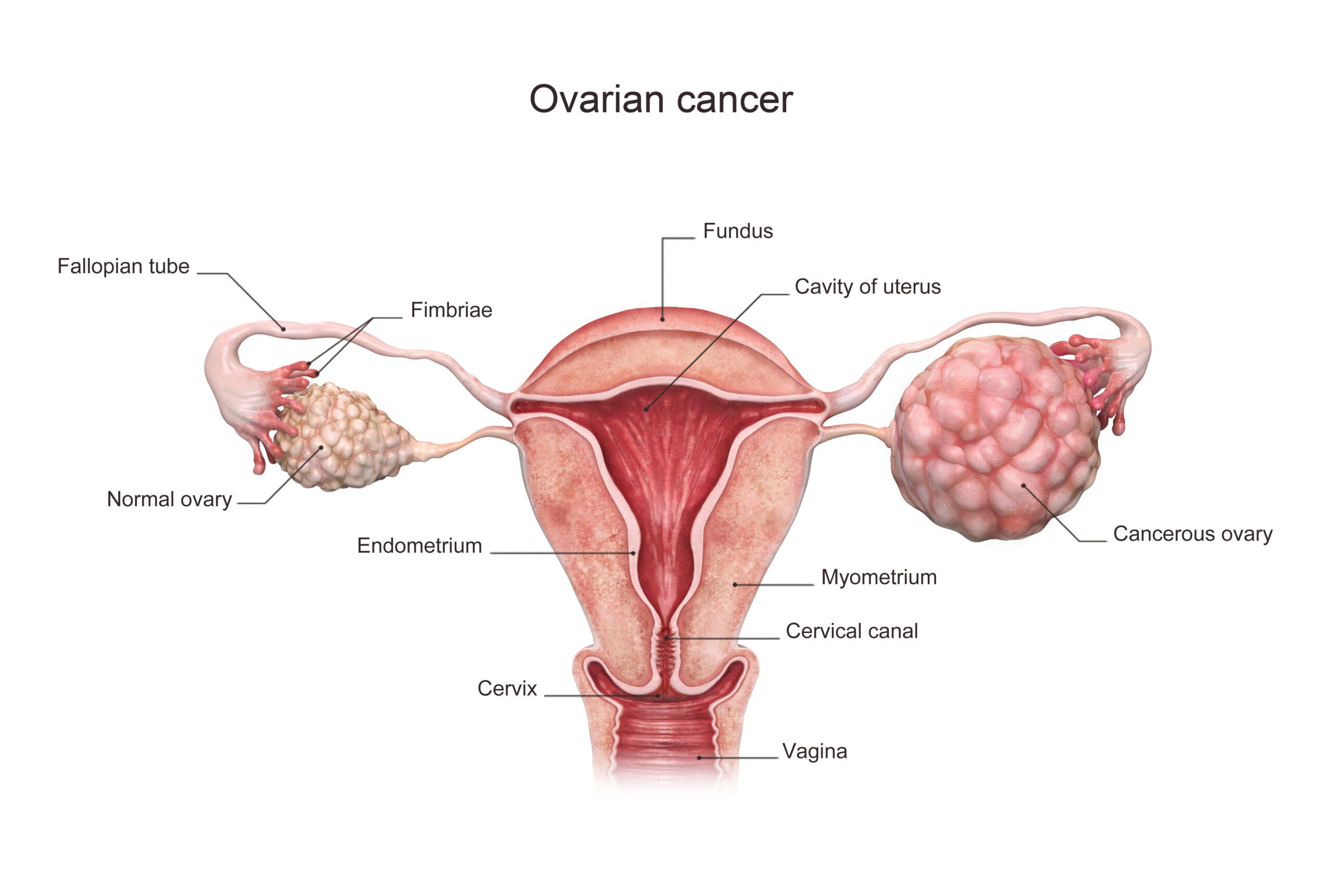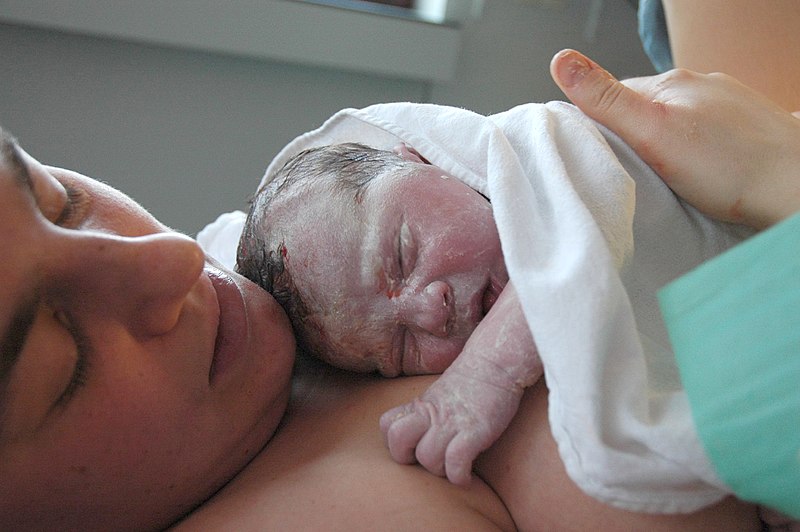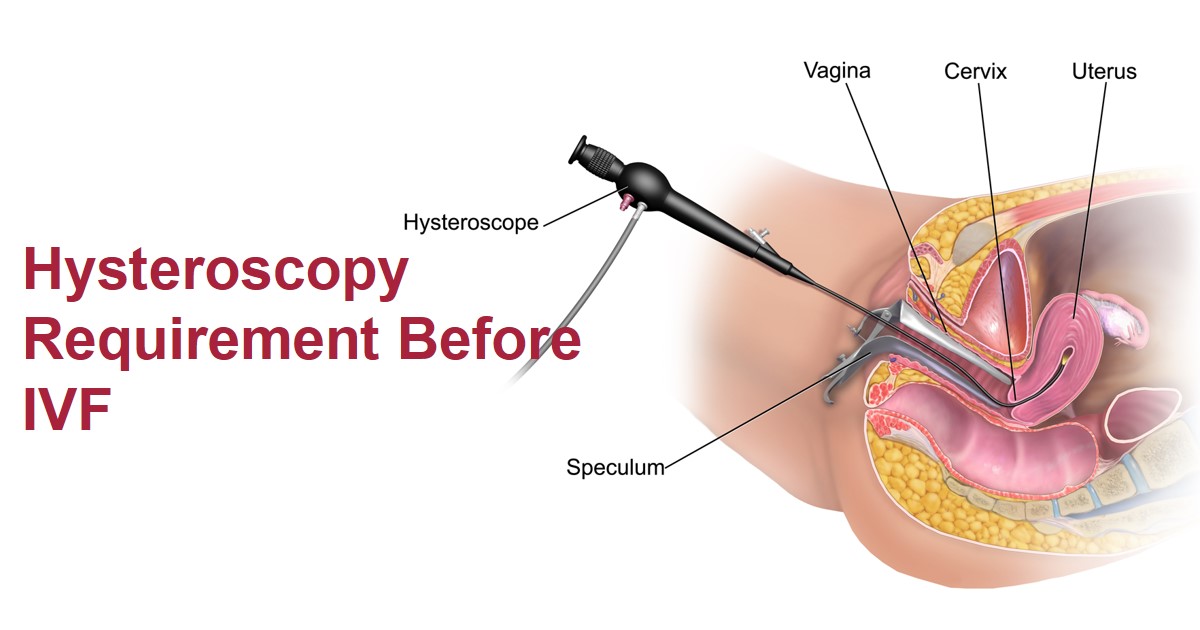The treatment options for Polycystic Ovarian Disease (PCOD), also known as Polycystic Ovary Syndrome (PCOS), depend on the individual’s symptoms, goals, and health status. Some common treatment approaches include:
- Lifestyle Modifications: Making changes to diet and exercise routines can help manage PCOD symptoms. A balanced diet, regular physical activity, and maintaining a healthy weight can improve insulin sensitivity and hormone levels.
- Hormonal Birth Control: Oral contraceptives (birth control pills) can regulate menstrual cycles, reduce androgen levels, and manage symptoms like acne and excess hair growth.
- Anti-Androgen Medications: These medications help reduce excessive hair growth and acne by lowering androgen levels. Spironolactone is a common anti-androgen used for this purpose.
- Metformin: Typically used to manage diabetes, metformin can improve insulin sensitivity and regulate menstrual cycles in women with PCOD. It may also help with weight management.
- Fertility Treatments: For women trying to conceive, fertility medications like clomiphene citrate can help induce ovulation. More advanced treatments like in vitro fertilization (IVF) might be considered if other methods are unsuccessful.
- Weight Management Programs: Losing excess weight can help improve PCOD symptoms, as it can help regulate hormone levels and improve insulin sensitivity.
- Surgery: In some cases, surgical procedures like ovarian drilling may be recommended to stimulate ovulation by reducing the number of small cysts on the ovaries.
- Complementary and Alternative Therapies: Some individuals find relief from PCOD symptoms through acupuncture, herbal supplements, and other alternative therapies. However, the efficacy of these methods varies and should be discussed with a healthcare provider.
- Counseling and Support: Emotional well-being is important in PCOD management. Counseling can help individuals cope with the emotional and psychological aspects of the condition.
The best treatment plan will depend on factors such as the severity of symptoms, the individual’s reproductive goals, and their overall health. It’s important to work closely with a healthcare provider to determine the most appropriate treatment approach for your specific situation.
Consult a gynecologist Dr. Arohi Tasgaonkar for personalized advice and guidance at Gynecologist in Ghodbunder Road Thane, at Complete Women’s Care




